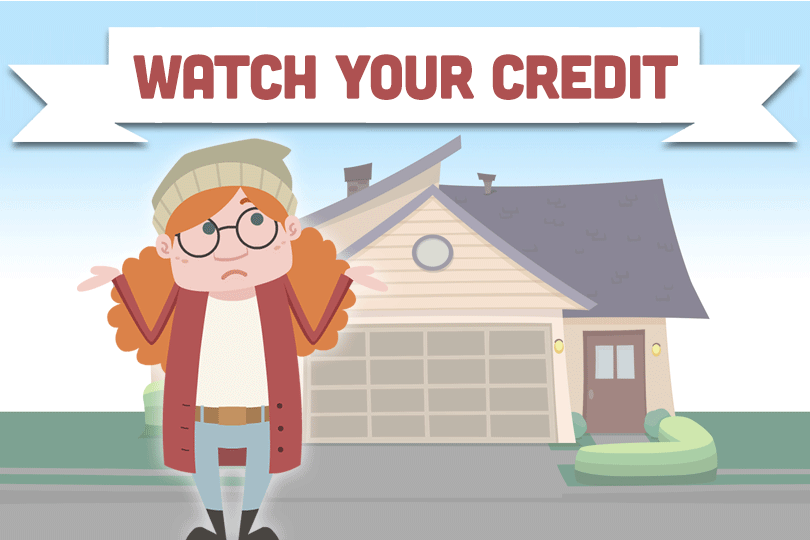FHA Loan Advice for Borrowers With Thin Credit

The FHA home loan program specifies a minimum credit score of 500 for basic loan approval, and a credit score of 580 or above for the lowest down payment. But these FHA credit score ranges do not always match the lender’s requirements. You may find that many lenders start at 620 for home loan qualifications.
And your credit scores are only part of the picture the lender needs to see when you have turned in your home loan application and while some borrowers have credit problems due to late payments, or other problems, not all do. Some are dealing with a lack of credit history along the way to their home loan application.
Working With Thin Credit or a Thin File
It is true that some consumers simply want to pay cash for their purchases and not get entangled in credit cards. But the lack of credit can make it tougher to qualify for a mortgage. Not impossible, mind you, but much depends on circumstances.
In other words, the participating FHA lender may not automatically view you as a bad credit risk for the loan.
Do you have compensating factors? A lender is more inclined to approve you for a new FHA home loan if you do. These can include large cash reserves, a larger down payment, or the willingness to spend more each month on your home loan payments.
In cases where its necessary to use those substantial cash reserves, be sure to explain to the lender about them--this could potentially make a big difference in loan approval especially for those with a thin file.
Assets Count
Your assets are an important part of personal finances--they add stability and dependability to your financial big picture, something lenders like to see.
If you have a marginal credit score or are worried that your scores are not high enough, you can help yourself in many ways including the bigger down payment. But there are things you can do prior to your loan application that can also help raise your scores overall.
Try to improve your chances at getting a home loan approved by concentrating on making 12 months of on-time payments on your debts ahead of your mortgage application. Does 12 months seem like a long time? It’s better to take that extra time rather than risk loan disapproval.
Beware of opening or applying for new lines of credit during this time. Also, avoid cancelling credit card accounts OR increasing the balances on those cards in the 12 months leading up to your loan for best results.
------------------------------
RELATED VIDEOS:
Let's Talk About Home Equity
Understanding Your Loan Term
Your Home Loan is Called a Mortgage

Do you know what's on your credit report?
Learn what your score means.







